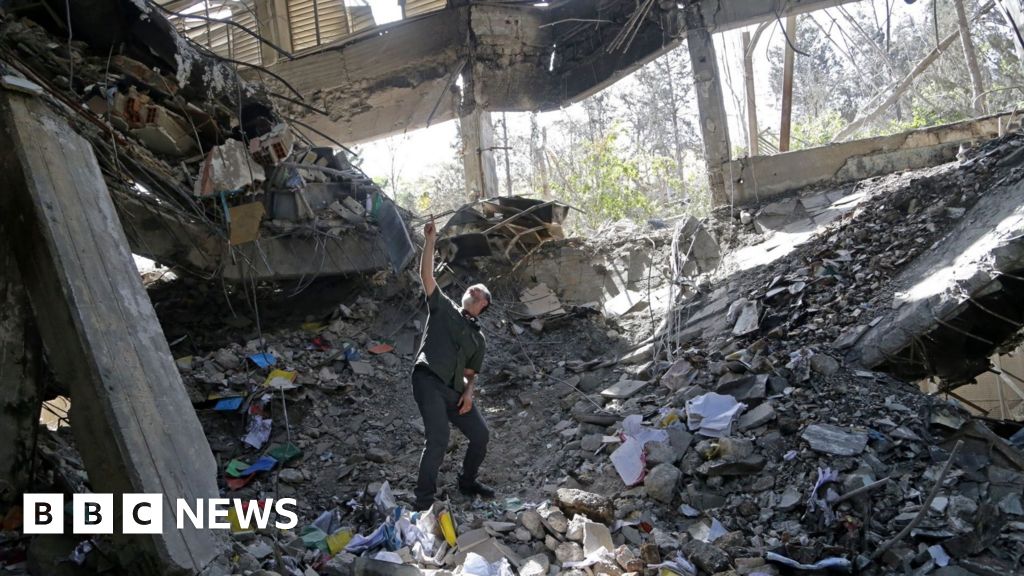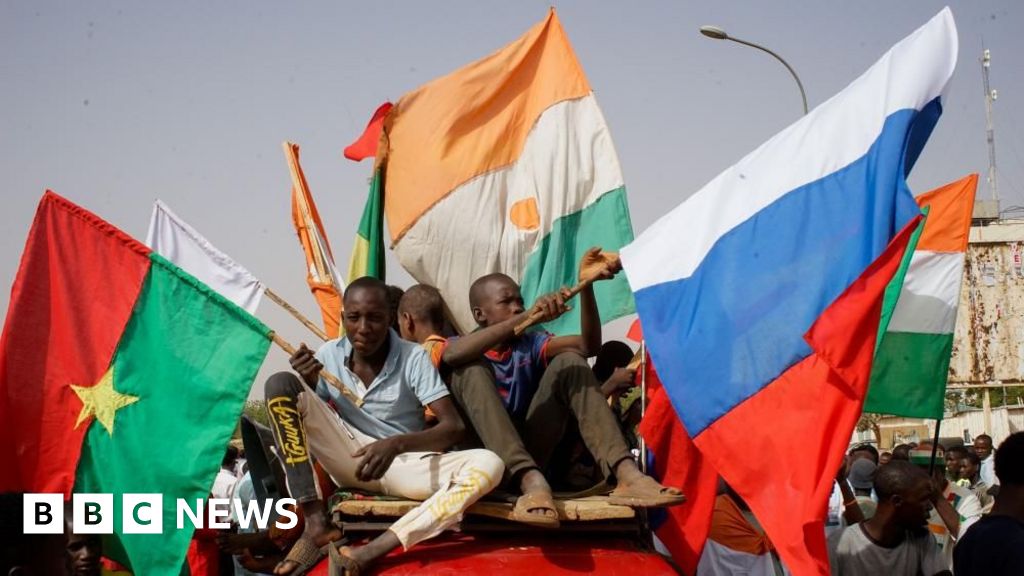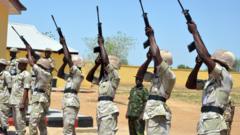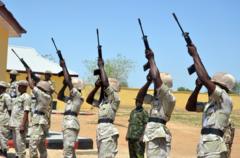Nearly 130 people have been 'summarily executed' by Islamist insurgents in Niger in separate attacks since March, a report by Human Rights Watch (HRW) says.
The rights group reveals that gunmen carried out a series of brutal attacks, including a mass murder at a mosque in the western Tillabéri region in June, where more than 70 worshippers were shot dead during prayers.
'There were bodies everywhere, one on top of the other,' a local woman, who lost three of her sons in the attack, was quoted by HRW.
This spate of attacks is a significant blow to the credibility of Niger's military junta, which had promised to curb the insurgency following the coup that ousted President Mohamed Bazoum in 2023.
According to HRW, about 1,600 civilians have been killed by Islamic State (IS) group fighters in Niger since the coup, citing figures collected by the conflict monitoring group Acled.
The jihadist groups have also destroyed schools and religious sites, imposing severe restrictions on freedoms based on their interpretation of Islam.
'Islamist armed groups are targeting the civilian population in western Niger and committing horrific abuses,' said Ilaria Allegrozzi, a senior researcher at HRW, urging Nigerien authorities to take greater action to protect residents of the Tillabéri region.
Witnesses reported that five men and two boys were killed in May when fighters attacked the Dani Fari area, burning at least a dozen homes. One eyewitness described the bodies scattered, riddled with bullets, some having suffered multiple gunshot wounds.
Despite the evidence, the army has yet to comment on the HRW report, and no group has claimed responsibility for the attacks, although eyewitnesses have attributed them to IS fighters identifiable by their red-banded turbans.
The Tillabéri region, bordering Burkina Faso and Mali, has been a focal point of the insurgency for over a decade. In response to the increasing violence, Niger and its neighbors have formed an alliance to address the jihadist threat, shifting their security partnerships away from the West towards nations like Russia and Turkey.
However, the persistent violence underscores the urgent need for more effective strategies to combat rising instability in the region.


















